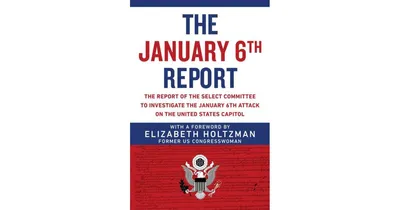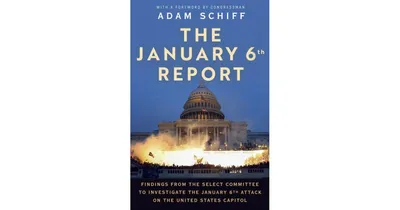Home
Interim Report of The President's Task Force on 21st Century Policing



Interim Report of The President's Task Force on 21st Century Policing
Current price: $12.95
Loading Inventory...
Size: OS
Trust between law enforcement agencies and the people they protect and serve is essential in a democracy. It is key to the stability of our communities, the integrity of our criminal justice system, and the safe and effective delivery of policing services. In light of the recent events that have exposed rifts in the relationships between local police and the communities they protect and serve, on December 18, 2014, President Barack Obama signed an Executive Order establishing the Task Force on 21st Century Policing. In establishing the task force, the President spoke of the distrust that exists between too many police departments and too many communities-the sense that in a country where our basic principle is equality under the law, too many individuals, particularly young people of color, do not feel as if they are being treated fairly. "When any part of the American family does not feel like it is being treated fairly, that's a problem for all of us," said the President. "It's not just a problem for some. It's not just a problem for a particular community or a particular demographic. It means that we are not as strong as a country as we can be. And when applied to the criminal justice system, it means we're not as effective in fighting crime as we could be." These remarks underpin the philosophical foundation for the Task Force on 21st Century Policing: to build trust between citizens and their peace officers so that all components of a community are treating one another fairly and justly and are invested in maintaining public safety in an atmosphere of mutual respect. Decades of research and practice tell us that the public cares as much about how police interact with them as they care about the outcomes that legal actions produce. People are more likely to obey the law when they believe those who are enforcing it have the right-the legitimate authority-to tell them what to do.2 Building trust and legitimacy, therefore, is not just a policing issue. It involves all components of the criminal justice system and is inextricably bound to bedrock issues affecting the community such as poverty, education, and public health. The mission of the task force was to examine how to foster strong, collaborative relationships between local law enforcement and the communities they protect and to make recommendations to the President on how policing practices can promote effective crime reduction while building public trust. The president selected members of the task force based on their ability to contribute to its mission because of their relevant perspective, experience, or subject matter expertise in policing, law enforcement and community relations, civil rights, and civil liberties.


















